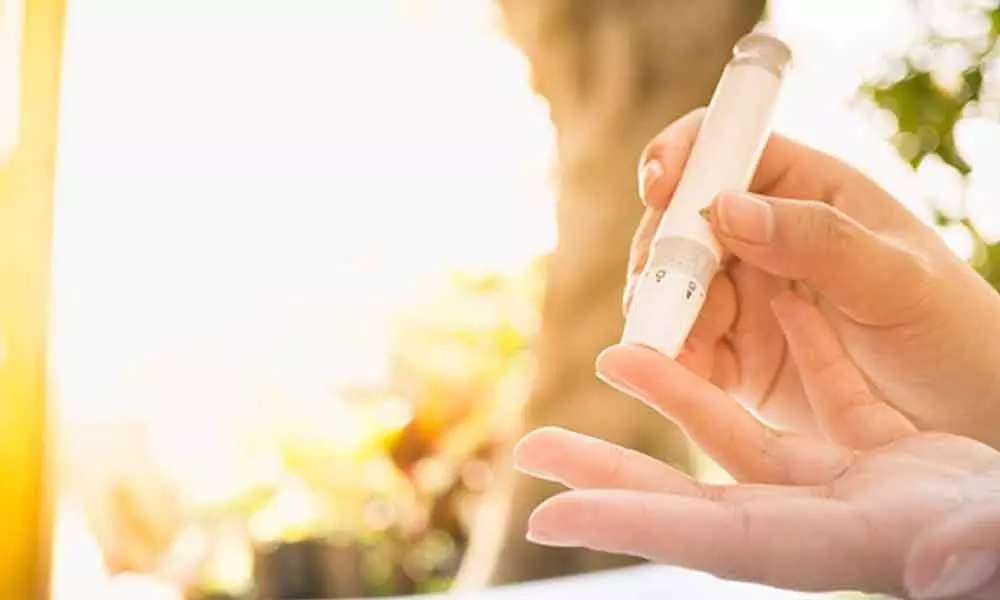Live
- Guinness World Record for continuous Hanuman Chalisa chanting
- REMOTE TRIBAL AREA TO GET NEW BRIDGE
- Dr LB College, Woxsen teams win in Climate Tank Accelerator event
- CM Revanth petitions for change in Paleru rly line
- Udupi MP seeks more key highways on top priority
- New diet plan rolled out at welfare hostels
- HRF demands for nation-wide caste census
- SP launches Medicover family health card
- Chiranjeevi Visits Allu Arjun for Lunch Amid Ongoing Legal Turmoil
- Covid ‘scam’ FIR row: Congress pursuing politics of vengeance, says BJP









